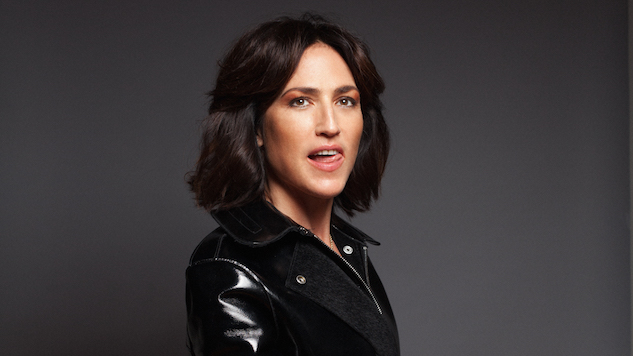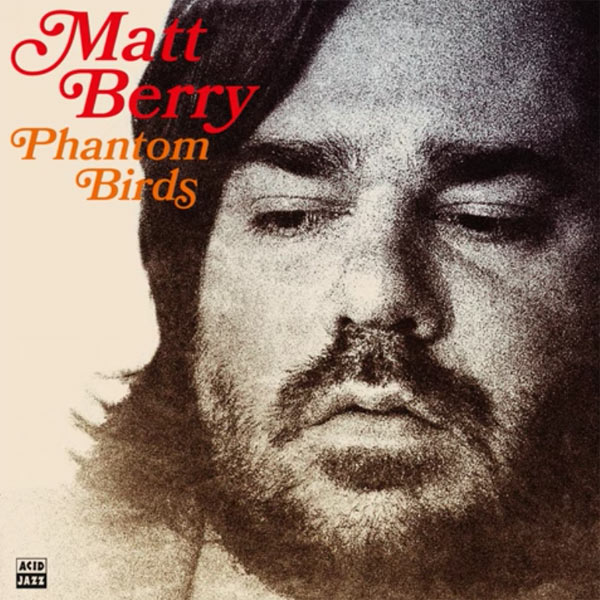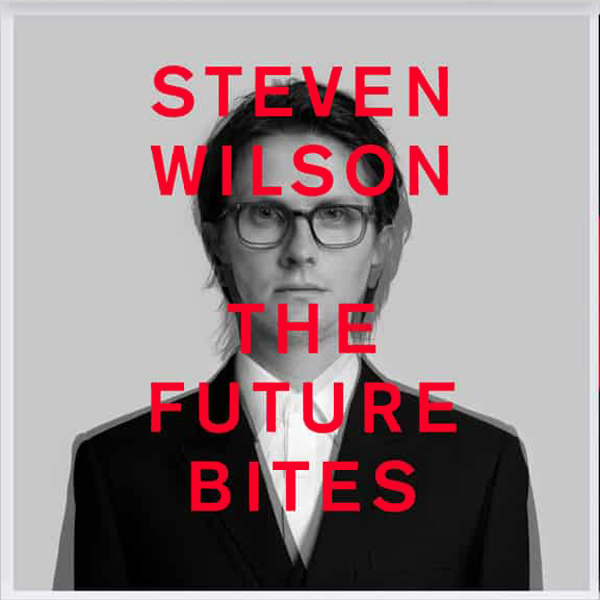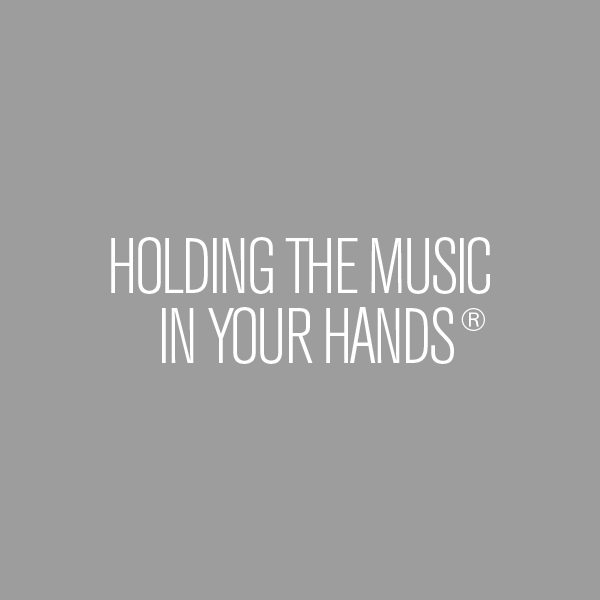Joan Wasser talks to SDE about Joan As Police Woman’s Damned Devotion

Last month Brooklyn-based Joan Wasser released Damned Devotion her fifth album as Joan As Police Woman.
The 12-track record has been on heavy rotation in the SDE office and could well be the strongest JAPW record to date. It has a wonderful array of intimate songs – like Warning Bell, Tell Me, The Silence, Talk About It Later – which explore the murky world of relationships and how human beings communicate (or fail to communicate) with one another.
I was delighted to speak to Joan a few weeks ago to discuss Damned Devotion and started by asking her how long she’d been working on the album…
Joan Wasser: I don’t really ever stop writing, so since I finished the mastering of [2014’s] The Classic, I’ve been working on it over that time; so for a few years. You know, I made another record; wrote, recorded and toured that collaborative record with Ben [Benjamin Lazar Davis – 2016’s Let It Be You] so I worked on it when I had time…
SDE: So, does that mean you don’t have six months off… wandering around enjoying life, or is it all about the music for you?
JW: Yeah… it’s all about the music. That is enjoying life, for me. Enjoying life doesn’t really include much for me other than making music, honestly [laughs]… I’m really fucking boring… but that’s the way it is [laughs]
SDE: Did you deliberately try to hark back to the style and the intimacy of your early records with ‘Damned Devotion’?
JW: I really do almost nothing deliberately [laughs]. So, it was kind of surprising when people… because you’re not the only one who has said that. I hadn’t considered that. I mean this is very different sounding… but I was flattered, essentially, because I know people really like some of that earlier stuff. So that was cool. But it was an unconscious thing. I mean, that part of me is in there all the time… it’s not like I made those early records and that part of me just went away, because it sure didn’t [laughs].
SDE: Why did you decide to call the album ‘Damned Devotion’? What’s the thinking behind that?
JW: Hmm. I’m flattered you even called it ‘thinking’… I mean, I felt like it typified the record. I feel like I’m often in a state of devotion, whether it be the music, a place or obviously, a person, and what naturally goes on with being in a devotional state is that you have your blinders on and you miss 80 percent of what’s going on, because of the focus you have. Which is wonderful and ecstatic, super-special and emotional… But it certainly leaves a lot to be found afterwards, so I feel like this record, in general, deals with all of the untangling of the information that I missed when I was in some sort of alternate state… does that make sense?
SDE: Yes, it does. A big theme that came across, for me, was communication…
JW: Yep!
SDE: … and it’s interesting. Can two human beings ever really communicate properly with each other, 100 percent?
JW: Great question! Still trying to figure that out. What are your thoughts about that?
SDE: I guess, it’s probably what people aim for, but I’m not sure anybody ever really gets there…
JW: Yeah… The fact is, especially at this point, I would never expect anyone to have to do that with me and I wouldn’t expect it from myself… I guess the whole idea of making sure you don’t think someone else can read your mind – that’s a major issue, I think. They don’t have to read all the VERY FINE PRINT because that could get ugly…. but the basics, you know.
SDE: The album starts quite gently, doesn’t it with ‘Wonderful’ and then ‘Warning Bell’… it kind of eases you into it. How important is the sequencing of an album to you, and maybe creating an record with an arc, or a narrative? Obviously, it’s not necessarily that important to a lot of people today, especially, young musicians and fans etc..
JW: It’s incredibly important to me, and actually, the sequencing for this record was very difficult and took longer than any record I’ve made, to sequence, because I felt like almost any song could start the record – and end the record. I mean, at one point I had Wonderful last, you know… it was all over the place. But yes, I still think of a record as one world you step into and there’s a path that you follow through it.
SDE: Did you have lots of other songs completed that didn’t fit, which you thought ‘I’ll just save them for some other project or some future release’?
JW: It’s interesting… no, I did not. I had a bunch of other songs, but it was clear from early on… that I got them to a certain place and then it was clear, like ‘nah, this ain’t working – this is just not making it.’ So I ended up with 12 songs, which for me usually means ten songs on a record and two B-sides, but it didn’t make sense to me to put ten or eleven songs on the record, it had to be all of them, so that was also a different thing.
SDE: You’ve been programming drums and working with beats more on this record. Is that something you’ve enjoyed and gives you a new ‘way in’ to songs?
JW: l love doing that. I’ve been obsessed with beat-makers for a long time… obsessed with Dr. Dre’s whole ability to make something with so few elements… I didn’t know if I could integrate that into my music. Also, it took a long time for me to allow myself to do that. I don’t want to insult anyone. Also, I didn’t know if it was going to work with Joan As Police Woman… I mean, a lot of this record started as experiments writing Joan As Police Woman songs with beats, but also I work so much at night, and I live in Brooklyn, so I can’t make a lot of noise.. so it’s a perfect way to make music, because that shit is banging in your headphones, but nobody else can hear it.
SDE: That’s interesting what you’ve just said, because do you have an idea in your mind, what the boundaries or the definition of a Joan As Police Woman song is?
JW: Well, I used to. I made a lot of songs with the beats and I wasn’t sure if it would work. Also, Parker Kindred – the drummer I’ve worked with for a long time – I hadn’t had him play over it yet, so I was like, ‘is this going to fly? Are people going to go with me on this?’ But ultimately, it was a case of what do I think, because I certainly can’t dictate what anyone else is going to like. But I was working on a film soundtrack, with my friend Thomas Bartlett – who is all over the record, he’s really contributed a lot of the sounds on the record – he kept saying ‘what are you working on?’, so I somewhat reluctantly played these experiments to him and he was very, very supportive. He was very into it. It was also great that I played it to him, because he’s not wildly knowledgeable about my music, so he didn’t know what I was about, necessarily, he was just reacting to it separately from any history and it allowed me to think ‘Yeah, okay. This is working’ [laughs].
SDE: The old-school idea – I guess I’m thinking more of artists on major labels – of an artist submitting an album to the label and an A&R man scratching his head and saying ‘I’m not sure about this’, or ‘there aren’t any singles on it’, that doesn’t really apply anymore, does it? In other words, do you worry about ‘is anybody going to like it?’ ‘Will anyone want to release it?’ Do those concerns exist anymore?
JW: It’s interesting that you say that… This is my fifth record on the label that I work with, PIAS, and I like them a lot, because they let me do what I… I mean, I don’t even know if they let me do what I want, but they always like what I give them. It’s interesting, I noticed because I was making this record mostly as experiments I didn’t ONCE think about what anybody would want, what does the record company expect of me… I was just honestly experimenting, so in a certain way, for lack of a better word, this record is very pure. I mean, I don’t do a whole lot of that thinking anyway, but of course it crosses my mind, because I want to keep making music…you know, ‘are any of these songs even going to possibly work on the radio?’ Not that I would ever know, what that meant.
SDE: ‘Tell Me’ definitely has a feeling of a radio-friendly song, doesn’t it?
JW: Yeah, totally. That’s why they picked it as a single. And I’m glad people are responding to it, because I don’t really ever know.
SDE: Talking of that song, it’s got a great video. You obviously like dressing up and creating characters. How much did you enjoy the process of filming the video?
JW: It was great. That director, is the director of the film that I was writing the soundtrack for. We became friends, and he got to know me and he sort of wrote the video because he knows who I am. I mean, I didn’t buy any clothing and wigs for that video – that’s all my shit. So, he wrote that because of the way I do play with appearance and like to decide who I am that day and dress accordingly. There was a number of years – when I was, I don’t know, five, six, seven – where I wore exclusively red. I would not wear any other colour. The sad thing is, or the great thing is, yesterday I was wearing all red. So I was like ‘oh my god, I’m still that same person’.
SDE: Because it’s Valentine’s Day, this seems like a good question to ask… have you really got a love that’s bigger than the Easter Bunny? [a reference to a line in the song Valid Jagger]
JW: …Yeah, I mean I do. It’s so… fucking with me, so hard… maybe don’t print this part, I don’t know… yeah fuck it, print it! I’m so overwhelmed and terrified and thrilled. It’s horrifying [laughs].
SDE: With regards to that song [Valid Jagger] explain to me what ‘Valid Jagger’ means? It’s an unusual title…
JW: That’s referring to an iconic fancy man… sort of a perfection of masculinity and fluffiness…. This sort of very attractive creature…
SDE: Is that your ideal man, is that what you’re saying?
JW: No, it’s just he was so comfortable with being a… [adopts vaguely Jagger-esque voice] “I’m a fancy man and you love me because I’m hot!” He was so fine with that. There was no reservation. So, I’m just using him as a symbol… but honestly, it’s the poetry that I love, the way the words sound together. ‘Valid Jagger’ sounds really fucking cool, and that matters to me so much.
SDE: The album gets noisy in the middle and goes quiet again towards the end and there’s that wonderful track “What Was It Like” which was written for your Dad. I found that very moving – it’s a beautiful song, and comes back to the theme of communication. Was that a difficult one to write?
JW: It was necessary. I had a really good relationship with my Dad, which should make it worse, that he died, but actually, it allows me to just feel good about him. He had cancer, so I got to ask him all the things I could think of then and got to tell him I loved him five trillion times – which he already knew – so it was really hard. But I feel really thankful that I got to have that guy as a dad. So I wanted to get that down into a song that wouldn’t fade.
SDE: You play a lot of instruments, Joan. I know you started on violin when you were younger, but you’re very much a multi-instrumentalist these days. I’m always fascinated by this, because musicians that are very good on one instrument appear to learn others quite easily. When did you get all these skills on guitar, piano etc.
JW: It’s funny that you even say the word ‘skills’ [laughs]. I think for the fact that I studied the violin classically, and when you study an instrument like that, in that way, you will never be good enough, you will never achieve… you’ll never be good enough. And the fact is, that I was lucky enough to have started very late in relation to many of the people I went to school with. Many of them were given violins when they were three or four. I started in public school, because they offered it in third grade and it was like you could rent an instrument for $10 a year, and my parents were like ‘sure’. And they never pushed me to practise – they were smart that way. So, I did it because I wanted to, but then when I saw this crazy race to nowhere, with people practising eight hours and day, and not living at all… I did definitely practise, and I got way better, I was never part of that and so I was always on the outside and behind, first of all and also able to observe it in a way, because I knew I wasn’t going to be a soloist, that’s for sure, but I probably wouldn’t have even been able to get into the major orchestras because they were starting to dwindle so much… so it was kind of like ‘this isn’t my life – I love this instrument, but this ain’t it’.
So I started just playing… via ads in the paper and stuff – this is before the internet – with all sorts of different ensembles and recording, and learning to play not off a page. I picked up guitar first and then starting learning piano. A few years ago, I picked up a bass. Now, I love playing all these instruments, but I feel like a total hack, on all of them. I know I’m not, really, but I’m surrounded by a lot of people in Brooklyn that, for instance, have been playing guitar their whole life and do practise all the time. They’re not classical players, they’re just trying to live in Brooklyn as a guitar player, so they have to be UNBELIEVABLY AMAZING to be able to get work, because the competition is so huge. So really, I play those instruments by playing the wrong notes, all the time and then practising what I decide is the part, and then learning it well. Yes, I can jam, to a certain extent, but only if you’re super comfy with me playing a lot of fucking ‘wrong notes’ – we can all call it jazz, but we know what it is – it’s just wrong.
SDE: The way a lot of musicians make their living these days is by touring, not actually selling records – does that depress you, or do you enjoy gigging, therefore it’s not a problem?
JW: I love playing live, that’s for sure. [But] it’s not like all that money people were spending on music, is now going into the live music pot for people… I mean, the amount of money that’s available to pay musicians, is so appallingly low, and really scary, so that part is upsetting. The other thing that’s upsetting is that I just see young people that are trying to make a living playing music, I mean you have to come from the Domino Sugar family to be able to exist as a fucking musician – it’s crazy! So that part sucks. You feel like a lot of people who are super-gifted, even geniuses are just getting screwed by the fact that there is no support.
SDE: So how do you make it work then? As you’ve just alluded to you can make a brilliant record, you can be a great musician, write great songs.. but it doesn’t mean it’s going to work, does it?
JW: It’s doesn’t. The fact is that on my best days, I don’t think about… I mean, I was with one of my friends the other day and she said “well, my five year plan is…” and I was like ‘oh, my fucking God’. You know, I don’t have a five-year plan, but so long as I don’t, I’m okay. Somehow, things turn up – that’s a scary way to live, but it’s worked so far, so I’m trying to just continue to go with it…
Thanks to Joan Wasser who was talking to Paul Sinclair for SuperDeluxeEdition.com
Damned Devotion is out now.
Compare prices and pre-order

Joan As Police Woman
Damned Devotion - CD

|
|
||||||||||||||||||||||||||||||||||||||||||||||||||||||||||||
Compare prices and pre-order

Joan As Police Woman
Damned Devotion - vinyl LP

|
|
||||||||||||||||||||||||||||||
![]()
1 Wonderful
2 Warning Bell
3 Tell Me
4 Steed (for Jean Genet)
5 Damned Devotion
6 The Silence
7 Valid Jagger
8 Rely On
9 What Was It Like
10 Talk About It Later
11 Silly Me
12 I Don’t Mind

 Interview
Interview



By Paul Sinclair
17